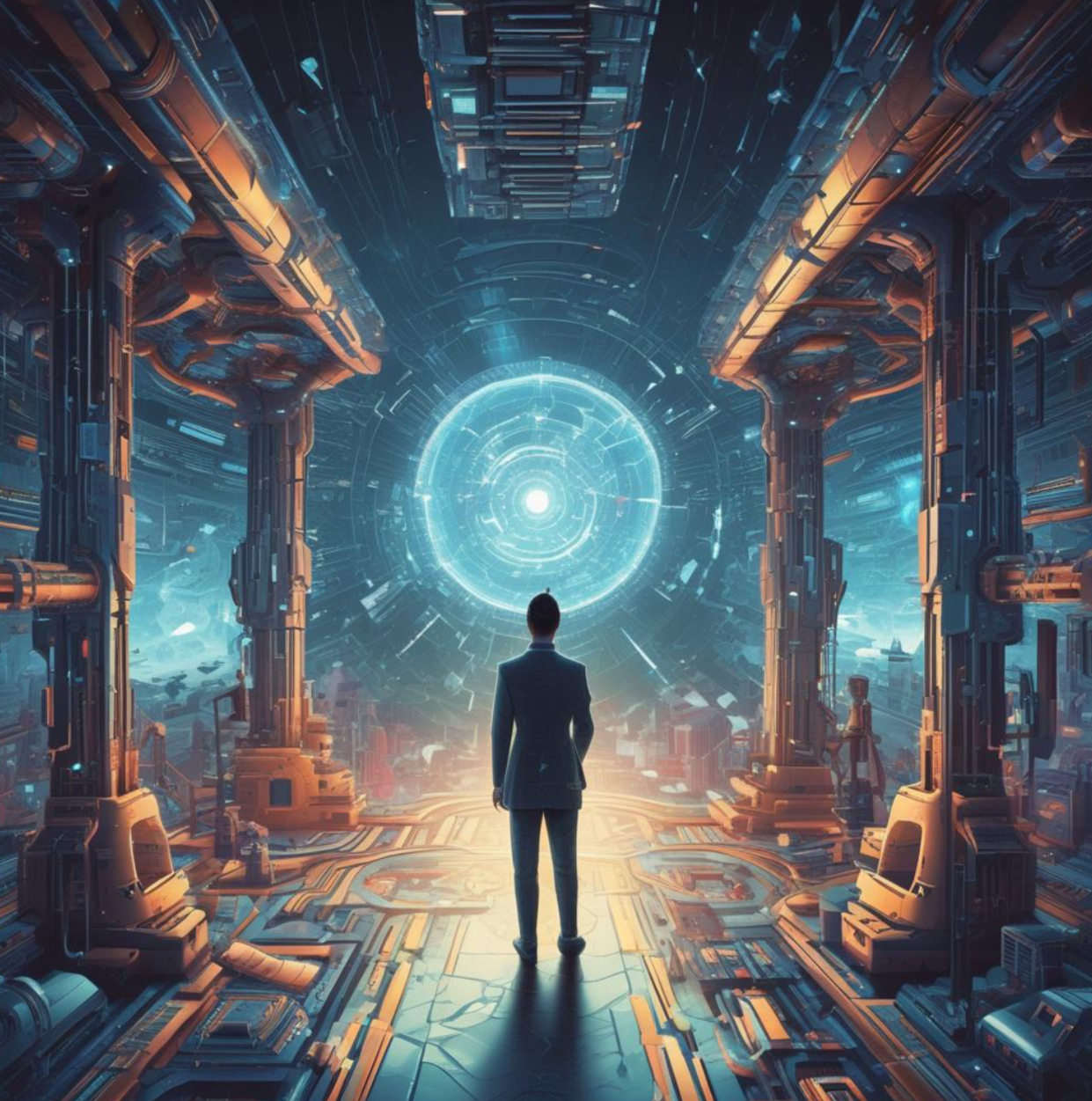Technology has always been a driving force behind human progress. From the invention of the wheel to the rise of artificial intelligence, each breakthrough has redefined the way we live, work, and interact. Today, we stand at the cusp of a new era, where emerging technologies are not only enhancing innovation but fundamentally reshaping the fabric of society.
As artificial intelligence (AI), biotechnology, quantum computing, and other advancements evolve, the future of humanity is being rewritten. But what does this transformation mean for our daily lives, our ethical boundaries, and our long-term survival? This article explores the profound impact of modern technology, the opportunities it presents, and the challenges we must navigate.
The Age of Artificial Intelligence: Revolutionizing Human Potential
Artificial intelligence is no longer just a tool; it is becoming an integral part of decision-making, creativity, and automation. From AI-driven healthcare diagnostics to autonomous vehicles, the technology is streamlining industries and redefining human potential.
AI and the Workforce: A New Partnership
AI is augmenting human capabilities rather than replacing them entirely. Businesses are leveraging AI-powered tools to enhance productivity, automate repetitive tasks, and improve decision-making. In industries like finance and marketing, AI-driven analytics provide insights that would take humans weeks to uncover.
However, this shift also raises concerns about job displacement. As machines become more capable, workers must adapt by acquiring digital skills and focusing on tasks that require emotional intelligence, creativity, and critical thinking—areas where AI still struggles.
Healthcare: AI’s Role in Extending Life
In medicine, AI is transforming how diseases are diagnosed and treated. Machine learning algorithms can analyze medical data to detect conditions like cancer at earlier stages, increasing survival rates. AI is also being used to develop personalized treatments, allowing doctors to tailor therapies based on a patient’s genetic makeup.
Robotic-assisted surgeries and AI-powered drug discovery are further accelerating medical advancements, raising the possibility of extending human lifespan and improving quality of life.
Biotechnology and Human Enhancement: The Next Evolutionary Step?
The integration of technology with biology is pushing humanity toward a future where genetic engineering, prosthetics, and biohacking could redefine what it means to be human.
Genetic Engineering and Disease Prevention
CRISPR and other gene-editing technologies are giving scientists the ability to modify DNA, potentially eliminating genetic disorders before birth. While this technology offers incredible medical potential, it also raises ethical concerns—should we alter human genetics to enhance intelligence, strength, or lifespan?
Merging Humans with Machines: The Rise of Cyborgs
Advancements in brain-computer interfaces (BCIs) are allowing direct communication between the brain and machines. Companies like Neuralink are developing technologies that could help paralyzed individuals regain mobility or even enhance cognitive abilities.
While some view these developments as the next phase of human evolution, others warn of the risks associated with merging biology and technology. Issues surrounding privacy, identity, and inequality must be carefully addressed as these innovations progress.
Quantum Computing: Unlocking the Next Technological Frontier
While traditional computers process information in binary (0s and 1s), quantum computers operate using quantum bits (qubits), allowing them to solve complex problems at unprecedented speeds.
Impact on Science and Innovation
Quantum computing has the potential to revolutionize:
• Drug discovery: Simulating molecular structures to create life-saving drugs faster.
• Climate modeling: Enhancing our ability to predict and combat climate change.
• Cryptography: Redefining cybersecurity by making traditional encryption obsolete.
This powerful technology is still in its infancy, but as it matures, it could fundamentally alter industries, economies, and even national security.
The Ethical Dilemmas of a Tech-Driven Future
With great technological power comes great responsibility. While innovations offer incredible benefits, they also present ethical challenges that society must address.
The Privacy Paradox
As data collection increases, so do concerns about privacy. AI-driven surveillance, facial recognition, and data mining pose threats to individual freedoms. Governments and corporations must establish transparent policies that balance security with personal privacy.
AI Bias and Decision-Making
AI systems are only as unbiased as the data they are trained on. If algorithms are fed biased information, they can reinforce social inequalities. Ensuring fairness and accountability in AI decision-making is crucial to building a just society.
The Digital Divide and Global Inequality
While technology is advancing rapidly, access remains unequal. Many developing regions lack basic internet connectivity, limiting their participation in the digital economy. Bridging the digital divide is essential to ensuring that technological progress benefits all of humanity, not just a privileged few.
The Future of Humanity: A Balance Between Progress and Responsibility
The future of humanity will be shaped by how we embrace, regulate, and ethically implement technology. The key to ensuring a positive future lies in education, policy-making, and responsible innovation.
Emphasizing Ethical AI Development
AI and automation should be developed with ethical frameworks that prioritize transparency, fairness, and human oversight. Collaboration between governments, tech companies, and researchers is necessary to prevent misuse.
Investing in Education and Digital Literacy
To thrive in a tech-driven world, individuals must continuously learn new skills. Governments and institutions should invest in digital education, ensuring that future generations are prepared for the evolving job market.
Balancing Innovation with Human Values
As we push the boundaries of science and technology, we must ensure that innovation aligns with human values, rights, and well-being. Technology should enhance life without diminishing our humanity.
Conclusion: A Future Defined by Choice
The Digital Revolution is more than just an era of innovation—it is a turning point in human history. AI, biotechnology, and quantum computing are redefining our capabilities and challenging traditional norms. However, whether this future leads to a utopia of enhanced human potential or a dystopia of ethical conflicts depends on the choices we make today.
By approaching technological progress with responsibility, inclusivity, and foresight, humanity can ensure that innovation serves as a force for good, shaping a future where technology and human values coexist harmoniously.
The question is not just how far technology will take us, but rather how wisely we choose to use it.
